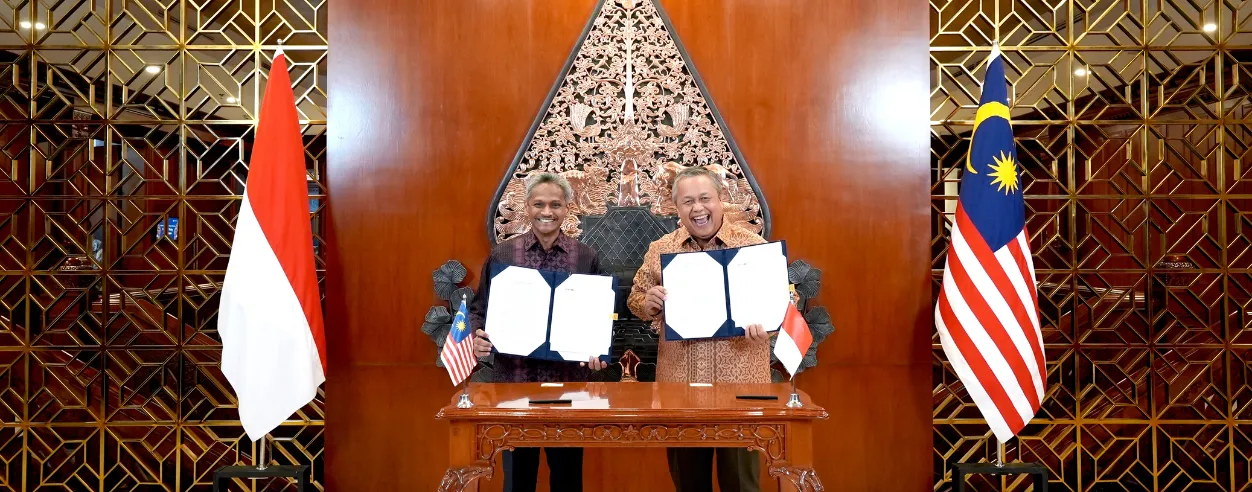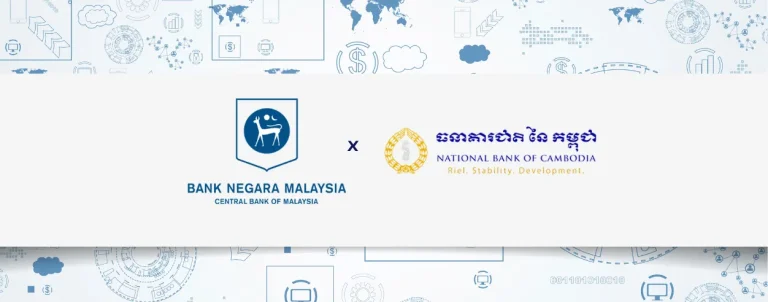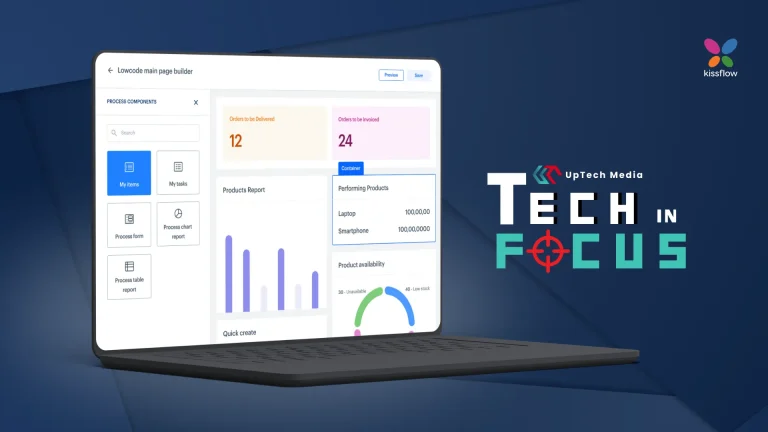Jakarta, Indonesia – In a bid to strengthen their bilateral ties, Bank Negara Malaysia and Bank Indonesia have recently convened for a high-level meeting, where the central banks of both nations exchanged information and experiences on financial banking, local currency support, and international cooperation.
A comprehensive policy discussion was also among the subjects of the meeting, encompassing macroeconomic, monetary, and financial development, payment systems and digitalisation, and strategies for advancing Islamic finance. These close engagements between the two further highlight their shared commitment towards strengthening mutually beneficial collaboration between both countries.
During the meeting, representatives of both banks signed the renewal of the Local Currency Bilateral Swap Agreement (LCBSA), with Governor Dato’ Seri Abdul Rasheed Ghaffour representing BNM and Governor Perry Warjiyo for BI.
The LCBSA allows the exchange of local currencies between the two central banks, with a value amounting to RM24 billion/IDR 82 trillion, over a period of five years.
Following the initial agreement signed in 2019 and its renewal in 2022, the LCBSA reflects the ongoing collaborative efforts in central banking cooperation to strengthen both countries’ resilience, while also supporting the use of local currencies in trade and investments.
Dato’ Seri Abdul Rasheed Ghaffour, governor at BNM, remarked, “Given the deepening trade and financial linkages between Malaysia and Indonesia, we are pleased to continue our cooperation with Bank Indonesia with the renewal of the LCBSA.”
“The LCBSA supplements the Local Currency Settlement Framework (LCSF) between our two countries, which remains a key enabler for trade and investment settlements in local currencies,” added Ghaffour.
Perry Warjiyo, governor at BI, also said, “Bank Indonesia believes that the enhancement of LCBSA with BNM represents the importance of international cooperation as part of Bank Indonesia policy mix that support key policies in the area of monetary, macroprudential, and payment system, while contribute to the development of local currency in bilateral transactions.”










